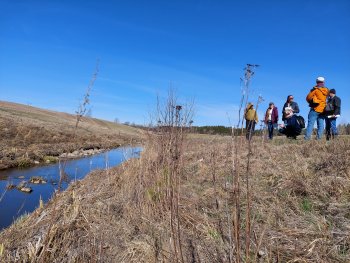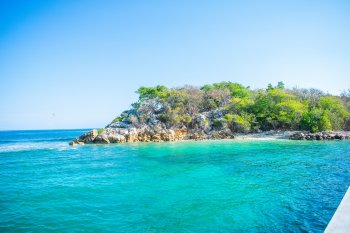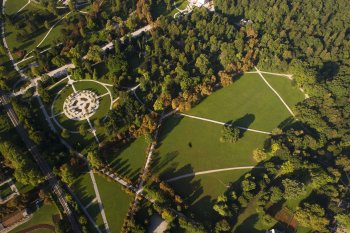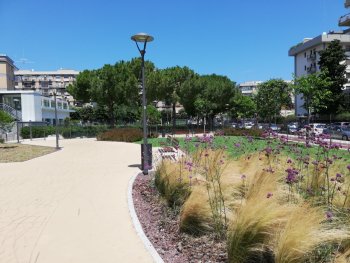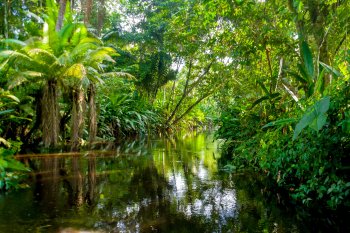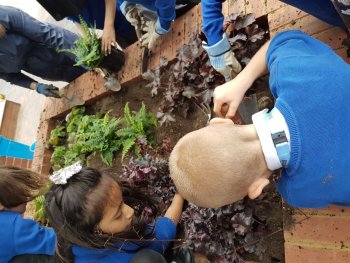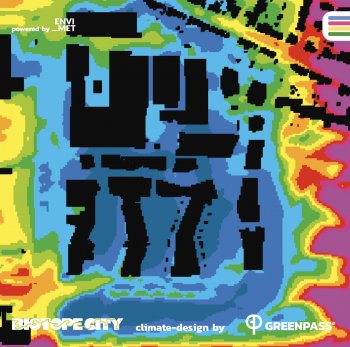SABICAS - Haldenvassdraget
SABICAS (SAfeguard BIodiversity and improve Climate Adaptation in catchment areas under pressure: tools and Solutions) aims to provide tools and knowledge needed to quantify the benefits and co-benefits of nature-based solutions. The goal is to facilitate dialogue and decision making among stakeholders and managers. SABICAS will engage with all key catchment stakeholders through several activities, including workshops and living labs.

